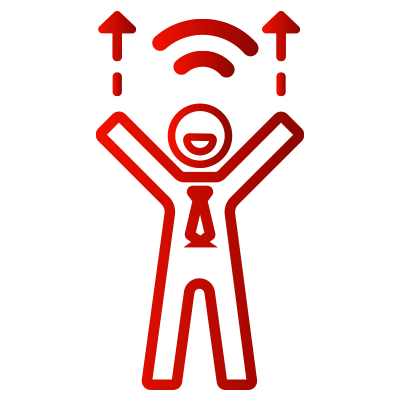
Digital Transformation Services
TSQ is the right partner for the dawn of smart cities, bringing a specialized suite of digitalization and enablement services tailored for this transformative era. With our deep expertise and strategic focus on the skills and technologies essential for building Smart Cities, we stand as a beacon for cities and businesses aiming to thrive in the digital revolution.
Transforming Urban Spaces into Smart Cities with TSQ
We Build Tools For the Future


Smart Infrastructure

Data-Driven Decision Making

Enhanced Public Services

Sustainable Urban Development
At TSQ, sustainability is at the core of our smart city solutions. Through smart energy management systems and eco-friendly urban planning tools, we help cities reduce their carbon footprint and promote environmental sustainability.

Urban Mobility Solutions

Public Safety and Security
Why Entrust TSQ with Smart City Projects?

Innovative Solutions:
We deliver cutting-edge, bespoke solutions that address the unique challenges and opportunities of urban environments.

Commitment to Sustainability:
TSQ is dedicated to creating sustainable and resilient cities for future generations.

Collaborative Approach:
We work closely with city planners, governments, and stakeholders to ensure our solutions meet the needs of diverse urban populations.
Transforming urban areas into smart cities is an ambitious endeavor that requires a trusted partner. With TSQ, you have a partner equipped with the right skills, a visionary approach, and a commitment to creating cities that are not only smart but sustainable and inclusive. Let’s build the cities of the future, together.

Our services are meticulously crafted to ensure that our partners can fully exploit the benefits of digital innovation, positioning themselves as leaders in the evolution of urban spaces. As pioneers in shaping the future of urban living, TSQ is not just participating in the digital revolution—we are driving it. Discover the advanced services we provide:

Internet of Things (IoT) Solutions
The integration of IoT devices and systems will enable businesses to automate processes, collect valuable data, and enhance operational efficiency. Applications range from supply chain management to smart homes and industrial automation.

Artificial Intelligence and Machine Learning
By applying AI and machine learning algorithms, TSQ will automate tasks, refine decision-making processes, and offer personalized customer experiences. This includes innovations such as chatbots and predictive analytics.

Blockchain Services
Leveraging blockchain technology, TSQ will offer secure and transparent solutions for transactions, smart contracts, and business operations, enhancing trust and reliability.

ERP and CRM Systems
TSQ will focus on upgrading or implementing new ERP and CRM systems to streamline business processes, improve data integration, and enhance customer relationship management.

Data Analytics and Business Intelligence
With a focus on leveraging big data, TSQ plans to introduce advanced analytics tools and techniques. These services will enable businesses to derive actionable insights, understand customer behavior, and anticipate market trends, thereby facilitating informed decision-making.

Cybersecurity Solutions
Recognizing the critical importance of digital security, TSQ will provide robust cybersecurity measures designed to safeguard digital assets, data, and networks. This includes comprehensive protection against cyber threats, ensuring data privacy, and helping businesses comply with relevant regulations.

Digital Marketing and Social Media
TSQ intends to harness the power of digital channels and social media platforms. By employing data-driven marketing strategies, businesses can enhance customer engagement, boost brand awareness, and increase sales.

Mobile and Web Development
Understanding the necessity of a strong online presence, TSQ will develop responsive websites and mobile applications. These efforts aim to improve customer interaction and ensure a seamless user experience across all digital platforms.

Customer Experience Platforms
Implementing platforms that provide a comprehensive view of the customer journey, TSQ aims to enable personalized interactions and improve overall customer satisfaction.

Cloud Computing Services
TSQ will offer comprehensive cloud solutions, including migrating business operations to the cloud to boost efficiency, scalability, and flexibility. This service will span across infrastructure (IaaS), platform (PaaS), and software (SaaS) as a service, catering to diverse business needs.
